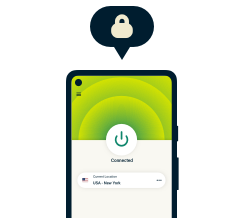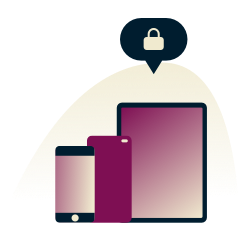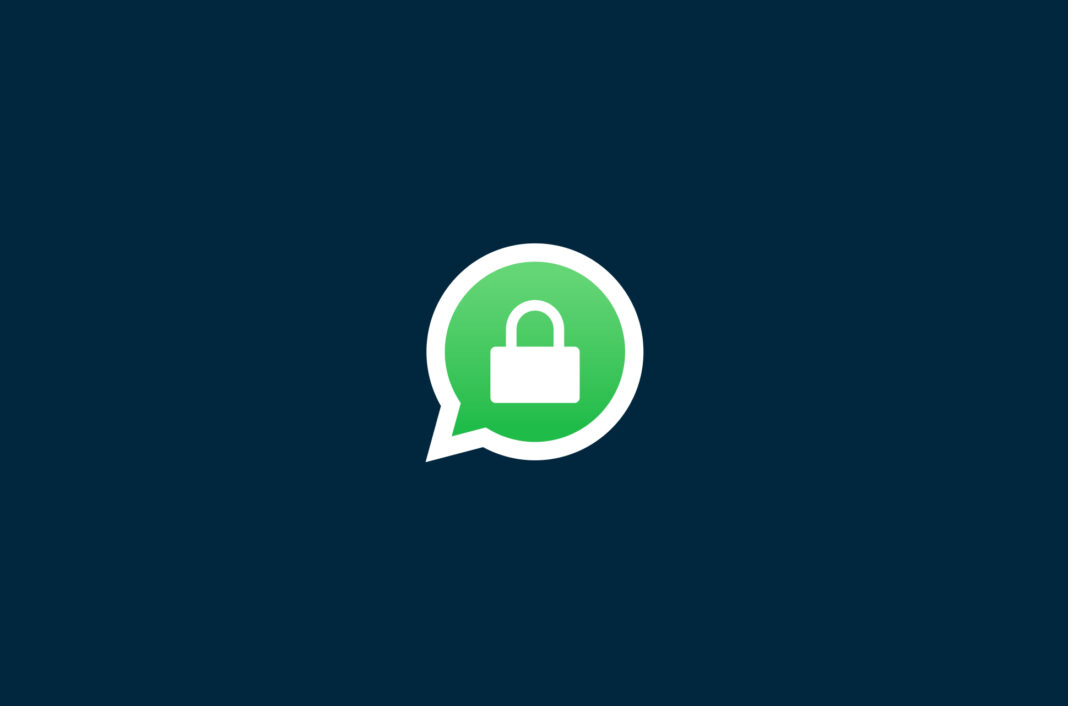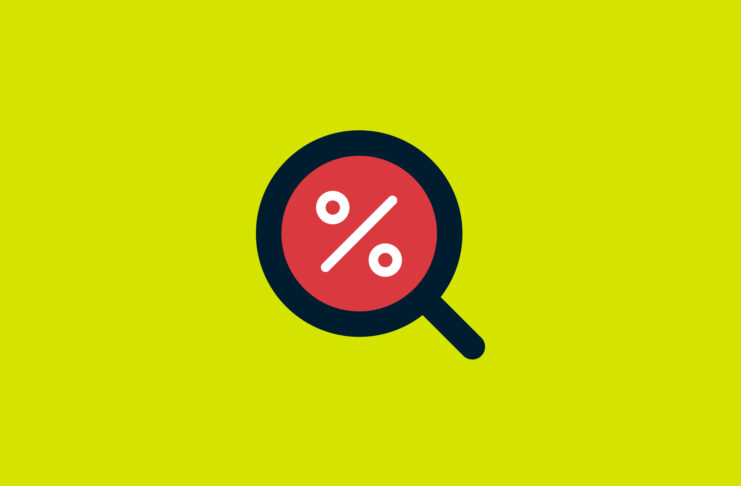Yes, WhatsApp is one of the safest and most secure apps to use, thanks to end-to-end encryption. That’s good news, given that it is also the world’s most popular chat app, with about two billion monthly active users.
However, its ownership by Meta has led to questions about user data collection and sharing. And the proliferation of scam messages has eroded users’ impression of WhatsApp’s safety. Find out the benefits of using WhatsApp and how you can take full advantage of its privacy features.
Jump to…
Is WhatsApp secure?
Is it safe to send private photos over WhatsApp?
Is WhatsApp safe from hackers?
WhatsApp security issues
Tips to use WhatsApp safely
Use these WhatsApp privacy features
Is WhatsApp secure?
Yes, because of its end-to-end encryption, we’ve long considered it as one of the best chat apps for privacy and security, alongside other strong contenders like Signal. With end-to-end encryption, only the sender and recipient can access the content, and not even WhatsApp itself has the ability to decrypt or read the messages. It ensures that the communication remains secure and private, protecting users from unauthorized access or interception.
WhatsApp uses end-to-end encryption by default for all messages, voice calls, photos, and videos shared within the app.
Is it safe to send private photos over WhatsApp?
You might be particularly concerned about sending sensitive photos and don’t want them to end up in the wrong hands. The encryption that WhatsApp uses ensures that the content of your messages, including photos, can only be seen by the intended recipient. Even WhatsApp itself cannot access or view the photos you send.
You can also go a step further to protect your private photos by using the WhatsApp feature called “view once media” that lets the recipient see a photo only once, after which it disappears. For the latest versions of WhatsApp, recipients of once media are also unable to screenshot messages and photos before they disappear.
Although WhatsApp offers security, it’s always advisable to think twice before sending sensitive photos. The recipient might not be as trustworthy as you think. One of the risks is that your photos end up being used as revenge porn.
Is WhatsApp safe from hackers?
End-to-end encryption goes a long way to preventing hacking and protecting the privacy of user data. When a user sends a message through an end-to-end encrypted platform like WhatsApp, the message is encrypted on their device before being transmitted. The encryption process converts the message into an unreadable format using complex algorithms and a unique encryption key. Only the intended recipient has access to this decryption key, ensuring that they are the only ones who can decipher and read the message.
End-to-end encryption prevents snoops from intercepting and understanding the content of the messages, and it prevents man-in-the-middle attacks. Even if someone manages to access the intercepted message, they would be unable to decrypt and read it without the specific decryption key, rendering the message useless to them.
However, it’s important to note that end-to-end encryption does not protect against other security risks such as malware or phishing attacks targeting the devices themselves. A user may still click on a malicious link and face an attack, regardless of messages’ encryption.
WhatsApp security issues
While WhatsApp boasts end-to-end encryption to protect users’ messages, there are various privacy and security concerns surrounding the app to be aware of.
- Meta still collects data about your usage. According to WhatsApp, this includes your account registration information (such as your phone number), transaction data (for example, if you use Facebook Pay), service-related information, information on how you interact with businesses, mobile device information, your IP address, and more. Meta is notorious for data collection for targeting you with ads, so just be aware that using WhatsApp adds to its profile on you.
- WhatsApp scams are rampant. If you use WhatsApp, you’ll have noticed a marked increase in the number of messages being sent by strangers in recent years. These could turn out to be phishing attempts, with fraudsters using social engineering to try to persuade you to part with your money or your sensitive information.
- Backup vulnerabilities. WhatsApp offers the option to back up chat history and media to cloud services like Google Drive or iCloud. However, these backups may not be end-to-end encrypted; encryption needs to be enabled. Unencrypted backups could expose user data if the cloud storage is compromised.
- History of malware vulnerabilities. No software maker can guarantee perfect security. WhatsApp has had its share of security vulnerabilities, most notably one discovered in 2019 that allowed a hacker to install malware on users’ phones through Whatsapp’s call function.
Tips to use WhatsApp safely
Here are some best practices to safeguard your privacy and security when using WhatsApp.
- Keep WhatsApp updated. Always get the latest version on your device to ensure you have the latest security patches and bug fixes. Turning on auto-update for your apps is generally recommended.
- Enable two-step verification. Enable two-step verification in WhatsApp settings for an added layer of security. This will require a PIN or password when setting up WhatsApp on a new device.
- Be cautious of suspicious messages. Be wary of messages from unknown contacts or messages containing suspicious links or attachments. Avoid clicking on such links or downloading files unless you trust the source.
- Regularly review linked devices. WhatsApp provides a list of devices connected to your account. Regularly review this list and ensure that only trusted devices have access to your account.
- Backup with caution. If you choose to back up your WhatsApp data to a cloud service, be aware that these backups may not be as secure as end-to-end encrypted messages. Consider encrypting your device backups.
Use these WhatsApp privacy features
WhatsApp offers various features for a more private experience, but not everyone knows about them.
- Chat lock is a new feature that password-protects specific chats that you want to keep more private. To read or send messages within these chats, you’ll have to first unlock them using device authentication.
- When you enable disappearing messages, you can choose to have those messages disappear after 24 hours, 7 days, or 90 days. View once media disappears after the recipient has opened it once and doesn’t let them perform screenshots.
- Hide data like read receipts, your status, your profile picture, the time you were last online or last looked at a chat, and whether you were currently online. This information can provide clues to people about your activity and reveal your appearance, and they can all be hidden in your app settings.
FAQ: About WhatsApp safety
Is WhatsApp safe for kids?
You must be at least 13 years old (or possibly older, if your country requires it) to register for and use WhatsApp, according to its terms of service. As a messaging platform, WhatsApp does not have specific features or parental controls tailored for children.
While the encryption security of WhatsApp applies to messages sent by kids, there are other concerns with children using chat apps without close supervision. If a child has their own WhatsApp account (i.e., on their own phone), it would be difficult for parents to monitor who they are communicating with and whether inappropriate content is being shared with them. They could face cyberbullying or harassment without your knowledge.
Is it safe to talk to strangers on WhatsApp?
While WhatsApp provides privacy and security features, it does not guarantee the trustworthiness of the people you communicate with, nor does it verify identities. Engaging in conversations with strangers who contact you on WhatsApp carries risks—namely, there is a high chance they are frausters trying to scam you or get your sensitive information. It is advisable to ignore strangers on WhatsApp.
Is WhatsApp safe for online dating?
It is considered best practice to stay on dating apps for chatting, rather than moving the conversation to WhatsApp—at least until you’re sure you can trust the individual. The reason for this is the dating apps have features that block links (which could be malicious) and allow you to report or block other users.
When you chat on WhatsApp with someone you met through online dating, you are revealing your phone number, which poses some privacy risks, as well as other information like whether you are online—although you can hide some of this info in the app’s settings. However, WhatsApp’s end-to-end encryption will keep your conversations secure from third parties.
Is WhatsApp safe from the government?
WhatsApp provides end-to-end encryption, which means that the content of your messages, calls, photos, and videos is encrypted and can only be accessed by the sender and the intended recipient. This encryption ensures that neither WhatsApp nor any third parties, including governments, can intercept or read your messages.
However, governments may request data or information from WhatsApp through legal processes, such as warrants or subpoenas. In some cases, WhatsApp may be required to comply with such requests and provide relevant data.

Protect your privacy with the best VPN
30-day money-back guarantee




























Comments
Just read that use age drops to 13 years instead of 16. Kindly update the article.
Updated. Thanks for that!
How gets an official WhatsApp account
After reading this post and re-reading your blog post; “WhatsApp vs. Signal: Which is more secure?” – July 22, now that the French Gov. is banning employees from using WhatsApp, Telegram, Signal apps. Are the claims of ‘security vulnerabilities’ credible?
Can you look at the differences with Olvid & Tchap? which the French encourage to use as alternatives.
In addition the Swiss app. Threema may also be worth looking at.
How are they compared against the banned ones?
Thanks,
Long time ExpVPN subscriber.
Those are good questions and concerns especially when traveling over seas with a different Internet privacy security Laws that may change quite often.